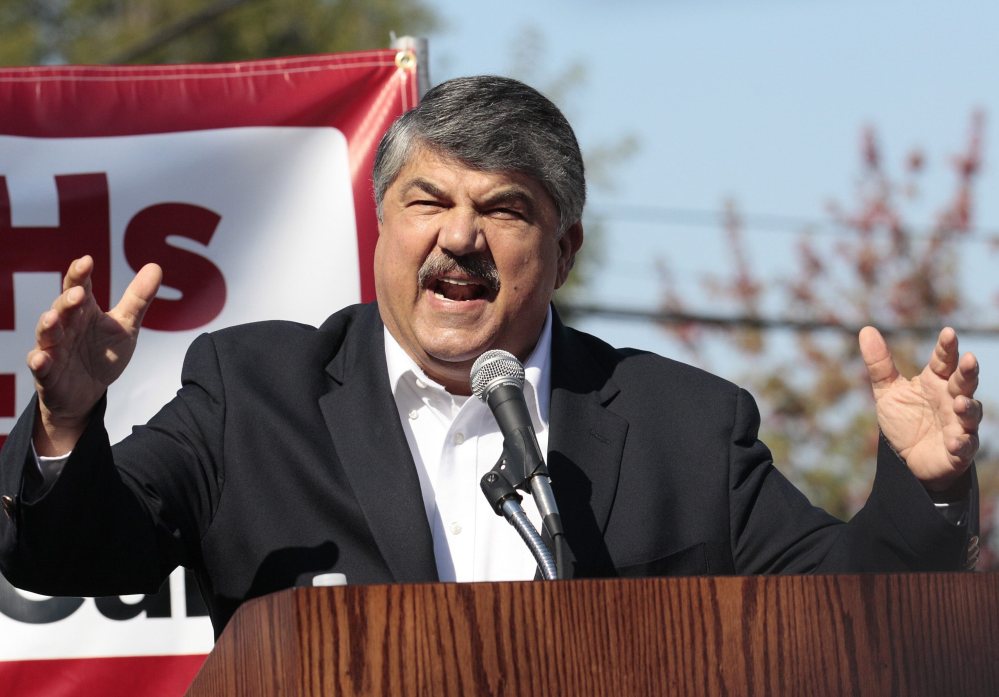WASHINGTON — President Obama is expected to deliver the fourth veto of his presidency after Congress passed legislation Thursday overturning new union election rules that labor groups think could help boost membership but business advocates say will leave employers at a disadvantage during organizing drives.
Opponents of the rules, which were issued last year by the National Labor Relations Board and are set to take effect next month, refer to them as allowing “ambush elections,” because they could allow a representation election to take place less than two weeks after an official petition is filed. Under current rules, those elections can happen no sooner than 25 days after filing, and often occur considerably later than that.
The U.S. Chamber of Commerce, for instance, said the rules would “stack the deck against employers” and “virtually eliminate employers’ opportunities to communicate their views, stifling a full and robust debate among employees about unionization.”
The NLRB, however, said the rules represent a long-delayed update to union election procedures, one “designed to remove unnecessary barriers to the fair and expeditious resolution of representation questions” by streamlining procedures and allowing for modern electronic communications instead of paper-based filings.
Major labor groups strongly support the changes. AFL-CIO President Richard Trumka called them “modest but important reforms” that would “help reduce delay in the process and make it easier for workers to vote on forming a union in a timely manner.”
“Too often, lengthy and unnecessary litigation over minor issues bogs down the election process and prevents workers from getting the vote they want,” Trumka said in December.
The Senate approved the bill this month, 53 to 46, on a party-line vote that had Republicans in favor of overturning the rules and Democrats opposed. The House voted Thursday, also largely along party lines, 232 to 186.
Sen. Lamar Alexander, R-Tenn., who authored the bill and serves as chairman of the Health, Education, Labor and Pensions Committee, called on Obama to resist a veto after the House vote.
“I hope the president will side with a majority in Congress – and fairness for American workplaces – and help stop this rule’s damaging effect on every employee’s right to privacy and every employer’s right to free speech,” he said in a statement.
But the Obama administration has indicated that the president is likely to veto the bill, saying in a March 3 statement that the rules will help “level the playing field for workers so they can more freely choose to make their voice heard.”
Should Obama use the veto, it would be his second since Republicans took control of the Senate.
Send questions/comments to the editors.



Success. Please wait for the page to reload. If the page does not reload within 5 seconds, please refresh the page.
Enter your email and password to access comments.
Hi, to comment on stories you must . This profile is in addition to your subscription and website login.
Already have a commenting profile? .
Invalid username/password.
Please check your email to confirm and complete your registration.
Only subscribers are eligible to post comments. Please subscribe or login first for digital access. Here’s why.
Use the form below to reset your password. When you've submitted your account email, we will send an email with a reset code.